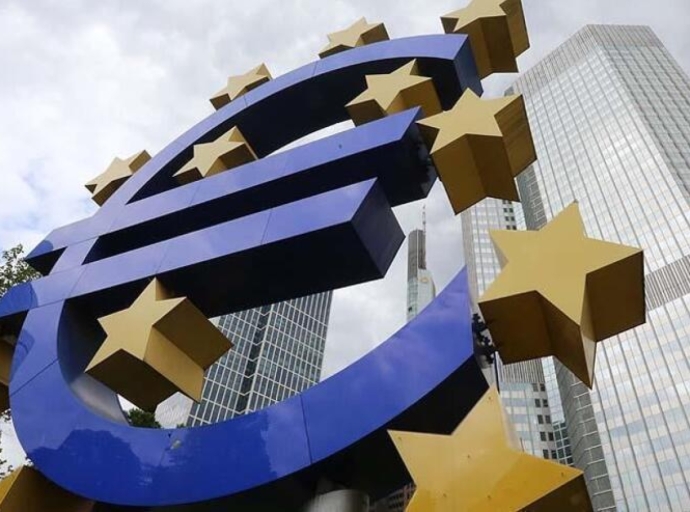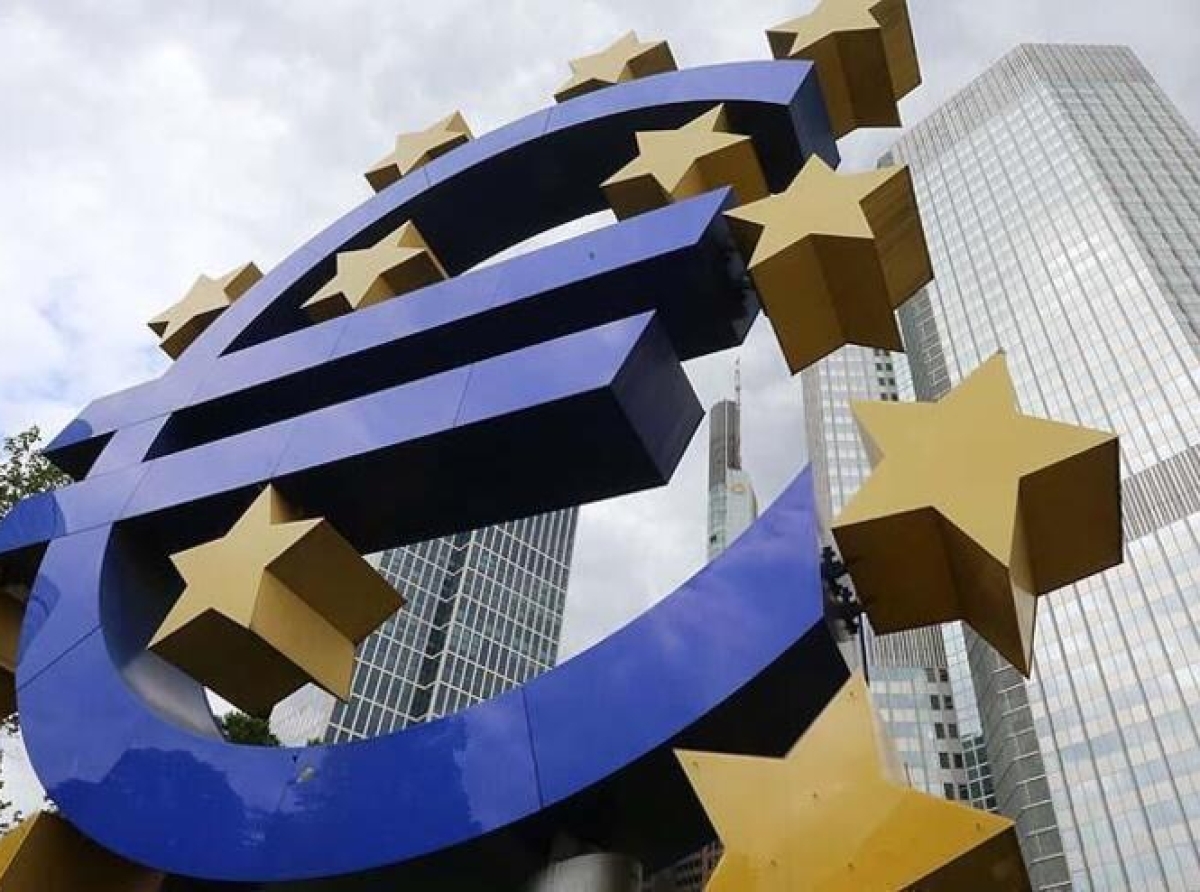26 August 2022, Mumbai:
Greenwashing
As per the KPMG report," As part of the Green Deal, the EU is expected to introduce a quota for minimum usage of recycled content in new plastic products, which will break through this vicious circle".
The global IP landscape has seen a significant transition in recent years as companies work to develop and put into action measures to aid in the fight against climate change. The usage of sustainability labels like "sustainable," "bio," and "natural" has significantly increased in response to efforts to show products' environmental friendliness.

One Lexology study indicates," The Commission is proposing several amendments to the Unfair Commercial Practices Directive (UCPD) to help consumers make more sustainable choices."
Customers are also significant in supporting green practices, and many want to ensure their consumption is more sustainably done. When environmental advertising is inaccurate, lacking, or overstated, customers are less likely to commit to sustainability, and businesses run the danger of being accused of greenwashing.
Greenwashing techniques
The European Commission recently proposed new regulations that would outlaw "greenwashing" and address early product obsolescence related to its Circular Economy Action Plan and New Consumer Agenda, which aim to help consumers in the green transition. New consumer rights were also proposed to improve the longevity and reparability of goods.
Here, we go over the main points of the recommendations about "greenwashing" and its possible effects on businesses. To assist consumers in making more environmentally friendly decisions, the Commission is recommending a number of changes to the Unfair Commercial Practices Directive.
Under these revisions, environmental and social implications would be added to the list of product qualities that traders cannot mislead customers about.
The Commission asserts that a lack of adequate and clear product information, notably about the environmental features, durability, and reparability of items at the point of sale, frequently prevents customers from making environmentally beneficial purchases. The Commission wants to make it mandatory for businesses to provide customers with more accurate information to choose more sustainably.
Greenwashing term
As per Lexology observation," As of now, the UCPD does not prohibit the use of green claims unless they are unfair".
The UCPD does not currently forbid the use of green claims unless they are deceptive. In order to prevent customers from being duped, such green claims must be valid, not contain incorrect information, and be presented in a clear and accurate manner. Even if the information presented is technically precise, green statements might be problematic if they deceive or are likely to fool the ordinary customer.
Additionally, some practices that are pertinent to green claims (such as using an eco-label without authorization or claiming to be a signatory of a code of conduct on the product's environmental performance when the trader is not a signatory to a code of conduct) are already blacklisted under the UCPD, making them illegal regardless of whether they would influence a consumer's choice.
The process is a time-drawn agreement likely to take up to the end of 2023 given that the Commission’s proposals are poised to be discussed by legislators in both the Council and the European Parliament.
Traders must advise customers about their legal warranty rights and other business guarantees under the present Consumer Rights Directive. However, they are free to tell customers that there are no commercial durability guarantees. According to the Commission, this eliminates any motivation for producers to offer such guarantees to customers.
The proposal mandates that if a manufacturer of consumer products gives this information, merchants must notify customers if the maker offers commercial durability guarantees of more than two years.
For products requiring energy, merchants must warn customers if the producer has not done so. Traders must disclose if and how long software upgrades are offered for items with digital components, digital content, and digital services
Join our community on Linkedin

























